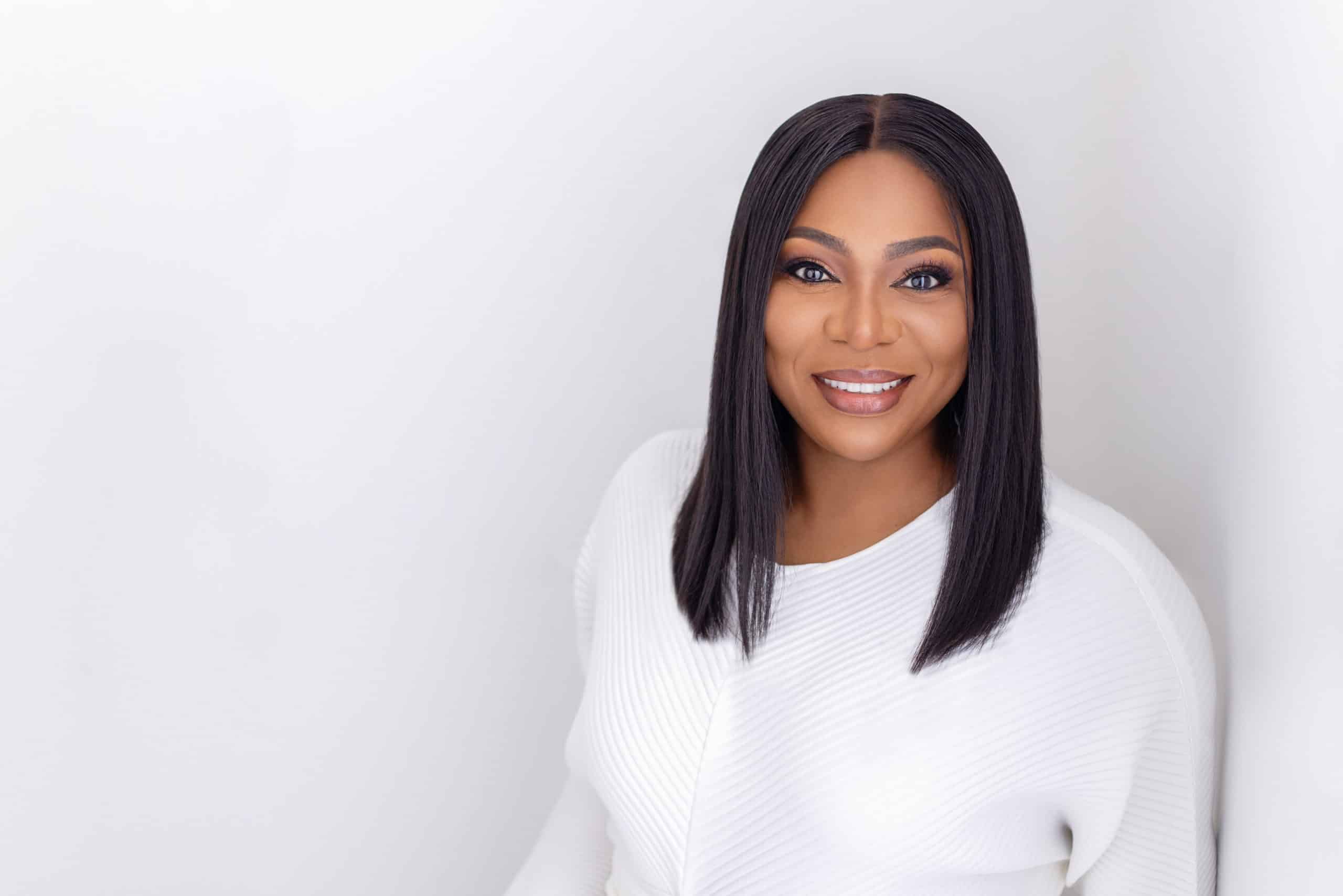For Rachel Moré-Oshodi of RUWAH, financial literacy is a major issue that needs to be tackled to end the cycle of generational poverty for many Africans on the continent.
A basic understanding of your financial health goes a long way in not only how you plan your economic wellbeing but also how healthy an economy is. These small micro financial decisions are so crucial that they are learned by most people by the age of seven, according to Rachel Moré-Oshodi, an investment professional turned entrepreneur, with her solution to teach children about financial literacy called RUWAH.
RUWAH, is a prepaid debit card and financial literacy platform on a mission to educate kids and teens in Africa about generational wealth. As a former investment banker, Moré-Oshodi defines wealth as not just money; wealth is about having a purpose and vision for your life and going for it. She learned the importance of wealth-building after a bitter personal experience – when she lost her father to cancer.
“Growing up, money was not spoken about. When my father died 23 years ago, there was no will that we could find and my mum and kids lost everything. We had a legal battle with some of [my dad’s] family members over assets and we are still in court today,” says Moré-Oshodi.
Originally from Cameroon, she has spent a significant amount of her life helping to raise investments for organizations such as the World Bank, Rand Merchant Bank and Total Energies. But even with that breadth of experience, it was not until 15 years ago that she truly understood the importance of having a firm grasp on financial literacy.
Loading...
“I have been helping raise money for companies and I thought I knew finance but I didn’t know anything about personal finance. Then I realized I had an issue with money and I didn’t have a relationship with money. The money was just sitting in my bank and going from my paycheck to my bank and I didn’t realize that I had a fear of investing”.
Moré-Oshodi believed it was good and safe to leave the money depreciating in her bank account instead of making the money work for her.
“Until I started to research and educate myself and utilize some of the resources available, that is when things changed. Even though I lost some money, I made so much more and as I was making more money, I wanted to pass it on to my kids.”
So, she started teaching her kids about financial literacy and very soon, friends and family started signing up to learn from her. But it was not until she enrolled on a Harvard program that the idea of RUWAH began to truly crystalize. According to S&P’s global financial literacy survey, African countries score the worst in the world in financial literacy.
For Moré-Oshodi, this is a major issue that needs to be tackled to end the cycle of generational poverty for many Africans on the continent.
“RUWAH is a comprehensive financial literacy program that aims to reduce the knowledge and opportunity gap that exists between kids in Africa and the rest of the world. We teach African kids and teenagers (between seven to 18 years), the knowledge and skills that they need to succeed financially later in life. Our self-paced financial classes, pocket money app, and prepaid debit card will teach them the essentials of personal finance, i.e., what money is, how to earn it, how to save, how to multiply it and use it to achieve their goals,” says Moré-Oshodi.
The goal of the platform is also instilling confidence and providing the foundations for kids and teens to become financially savvy at a young age and secure their financial future intergenerationally. For Moré-Oshodi, tackling this issue requires a psychological approach to looking at money.
“Money is not scarce. It is either you don’t have a good relationship with money or you have an unhealthy relationship with money. In Africa in particular, we feel we cannot make more money and it cannot grow and that is not true. The scarcity mindset instead of the abundance mindset is a real issue. But when you start dealing with that at a later stage it is much more difficult to change that mindset. Money is psychological and money is emotional. Money tells you your value and who you are and where your heart is. I felt instead of dealing with adults, it’s better to deal with children.”
RUWAH leverages technology to make the program accessible to most children in Africa. The platform is device-agnostic as well as user-friendly and tailored specifically to the African landscape, considering the cultural nuances that affects decision-making about money on the continent.
Loading...
